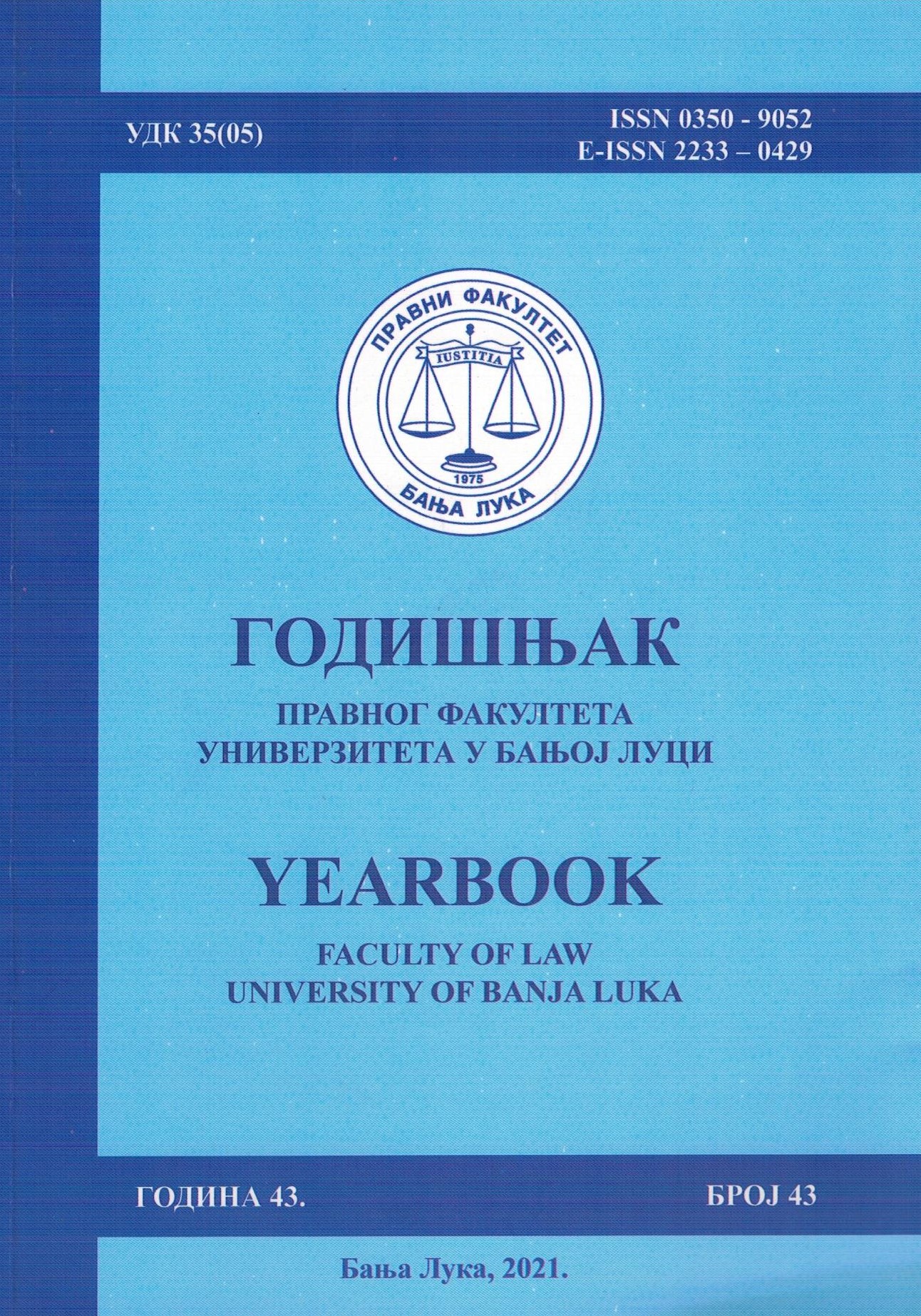ELECTRONIC SIGNATURE AND WHY WE (NOT) USE IT
Abstract
Digitization is one of the words that is often heard today in every segment of modern business. Many procedures and jobs in the business world that took a lot of time, people and paper to complete are now reduced to one or a few "clicks".
Until just a few years ago, it was unimaginable for us to be able to e.g. let's pay bills to avoid waiting in lines and thereby save our time, which we have less and less of today in this busy lifestyle.
The first Law on electronic signatures of the Republic of Srpska was adopted in 2002, but to date, the application of electronic signatures in practice has not been officially enabled, although in the last few years, especially after the formation of the Ministry for Scientific and Technological Development, Higher Education and Information Society, certain developments have taken place in implementation. Therefore, it will soon be 20 years since the adoption of a law that has not yet been implemented and is still a dead letter on paper.
At the state level, this law was passed in 2006 and its implementation is partially enabled.
The aim of this paper is to review the legal framework of the electronic signature, the possibility of its implementation, the problems encountered in practice, as well as the benefits of the electronic signature.

This work is licensed under a Creative Commons Attribution-NonCommercial-NoDerivatives 4.0 International License.



